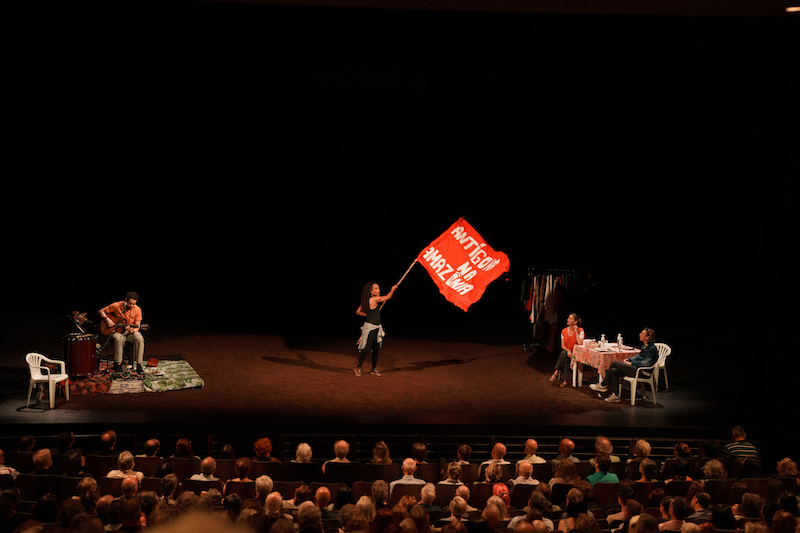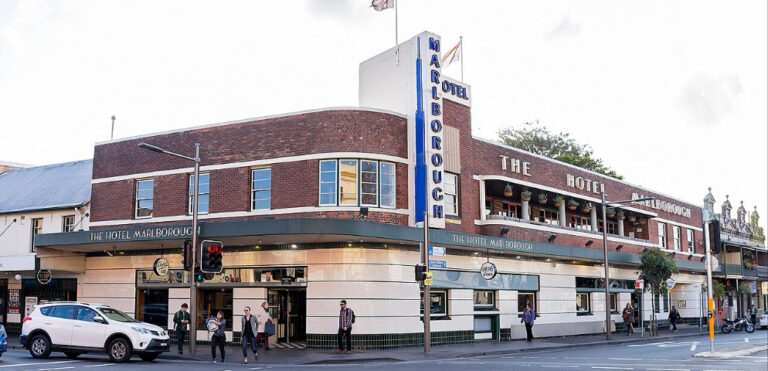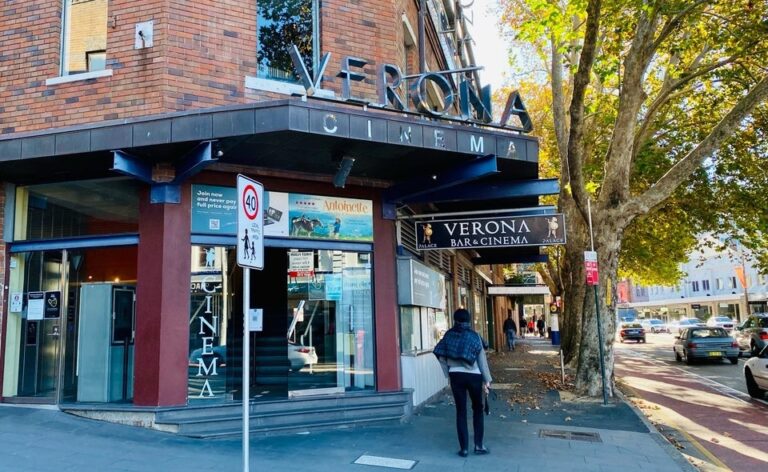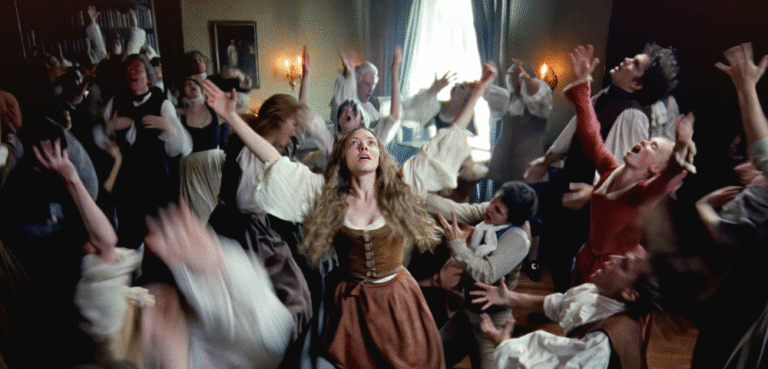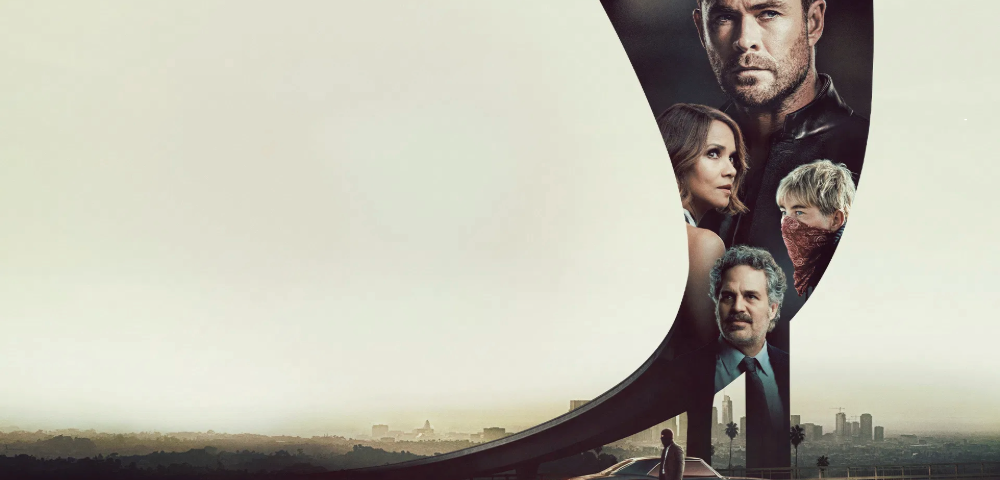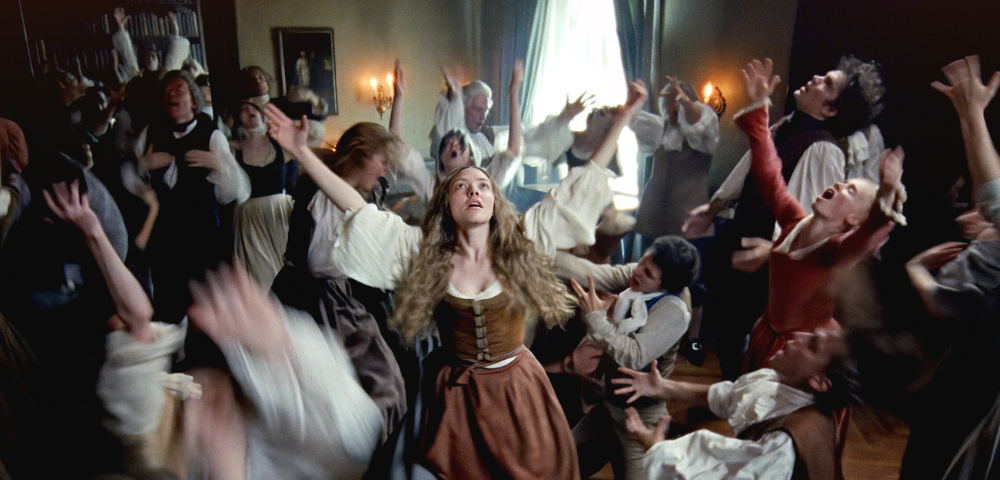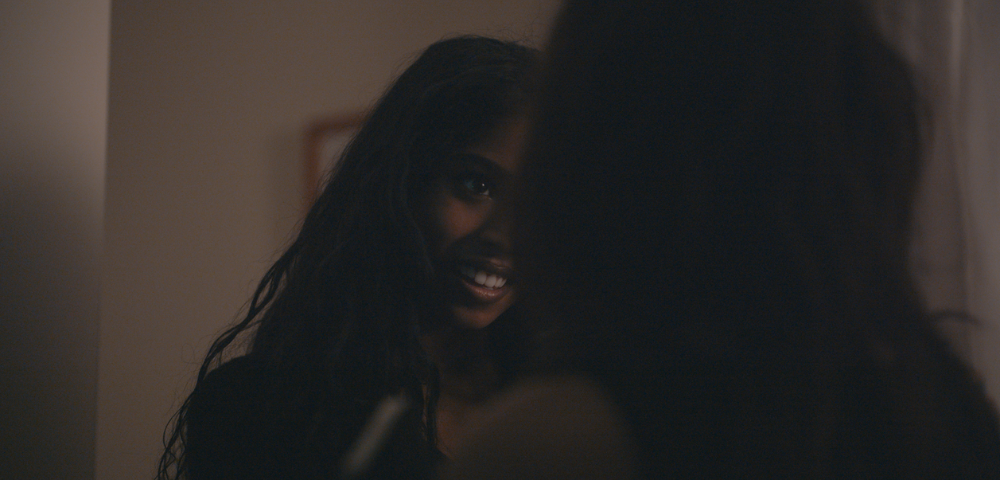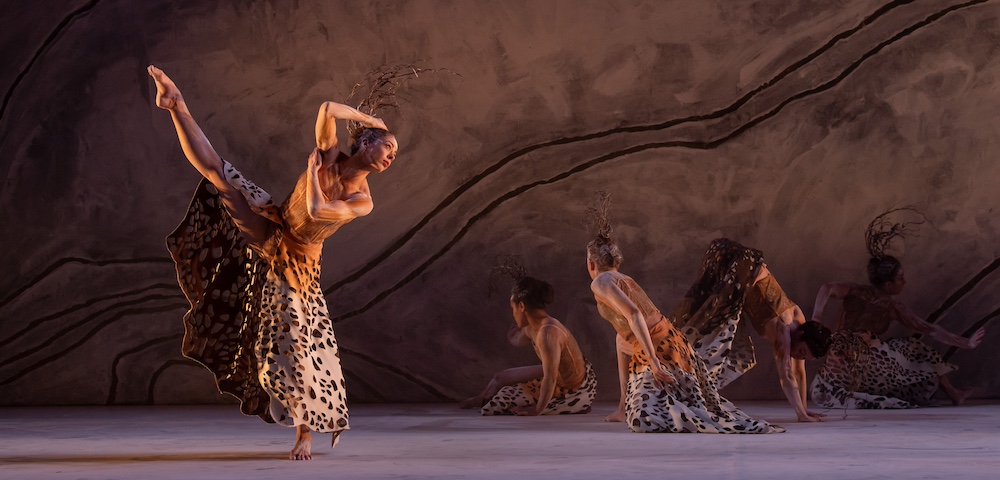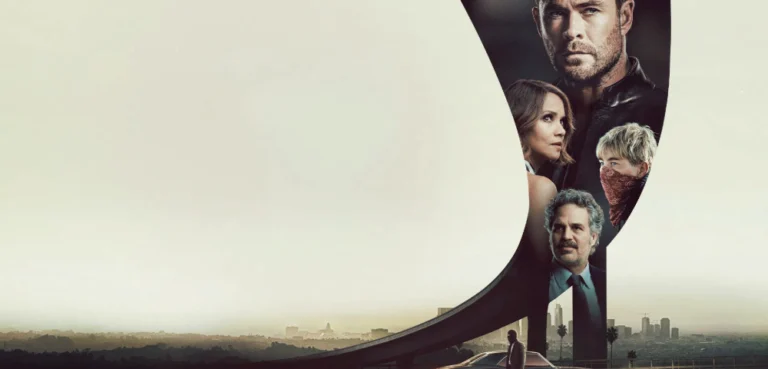
Antigone in the Amazon: Powerful Theatre With A Critical Environmental Message
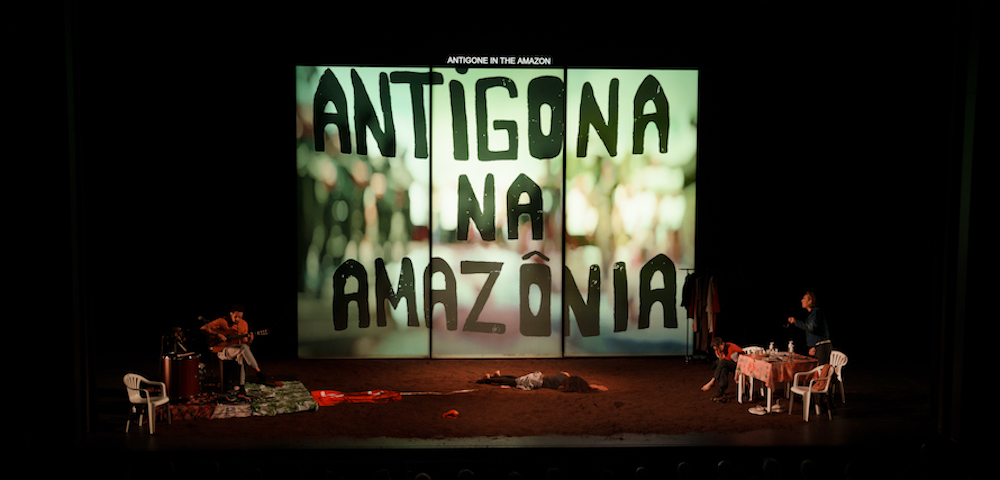
Those used to more conventional forms of theatre may well find the production Antigone in the Amazon challenging — even confronting.
From its casual opening, where the four actors lounge about on chairs and blankets that are laid out on the brown dirt spread across the stage, to its overtly political message, this “play” seeks to disrupt your “normal” expectations of theatre.
Once you have seen this work, you will understand why Swiss director and filmographer Milo Rau is dubbed an “agitator,” as well as one of the most interesting, and controversial, artists of our generation.
Rau has previously used two ancient Greek plays to hang his works on: they are Orestes, which he staged in Mosul, the former capital of the Islamist state, and his film The New Gospel, which was inspired by the life of Jesus Christ, and is set in the refugee camps of southern Italy.
Antigone in the Amazon completes the trilogy.
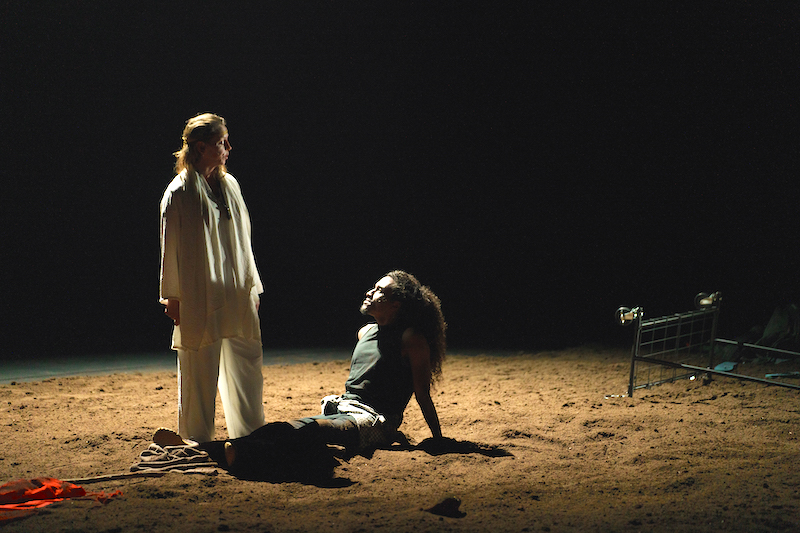
Antigone in the Amazon: a climate tragedy impending in the rainforest
It is set in Pará on the edge of the Amazon rainforest and warns the world of impending tragedy when right-wing dictator Jair Bolsonaro threatens to deforest the Amazon.
The two Flemish actors, Sara De Bosschere and Arne De Tremerie, and the two Portuguese performers Frederico Araujo and Pablo Casella were working with the Movimento dos Trabalhadores Sem Terra (MST) when COVID-19 lockdowns were imposed.
Then on 17 April 1996, during a protest march, military police slaughtered 19 landless farmers and injured 69 in the south of Pará.
The re-enactment of this protest on screen, which included members of the MST, showed the brutality of the police killings.
The four actors on stage take turns to tell the audience how this theatre / film work was made, drawing analogies with the fifth century Athenian tragedy of Antigone, who defied the commands of the new ruler of Thebes, her uncle Creon.
Thus there is a lot of “telling” in this play, and also a lot of “showing”.
The four actors on stage address the audience as themselves, and also show themselves as filmed participants in protests which are presented on three large adjacent screens that are lowered to the floor at critical moments.
On the left side of the stage, Pablo Casella sits among his drums and other instruments as he riffs on his guitar. Nearby is Brazilian actor Frederico Araujo.
On the other side of the stage is a table and a rack of clothing, with two chairs occupied by Belgian actors Sara De Bosschere and Arne De Tremerie.
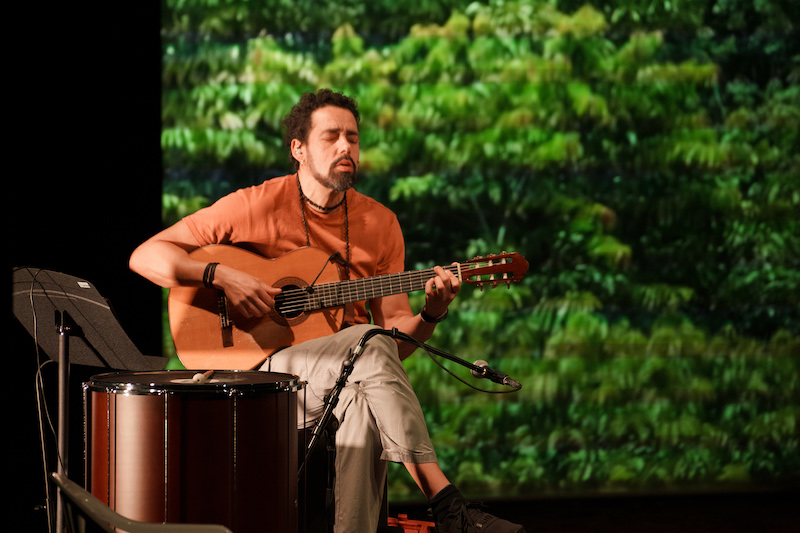
A powerful piece of theatre with an environmental message
We, the audience, are told about various critical occurrences through the eyes of these performers, who also participated in the events of the play. The actors speak in Brazilian-Portuguese and Flemish, with subtitles in English above the screens. It was quite an effort to listen to them speaking in their interesting native tongues, and then read the translations in English subtitles above the screens.
In the end, it was a powerful piece of political theatre and certainly had a message for those of us concerned about the state of our environment here in the Great Southern Land, not to mention the huge expanse of the Amazon.
